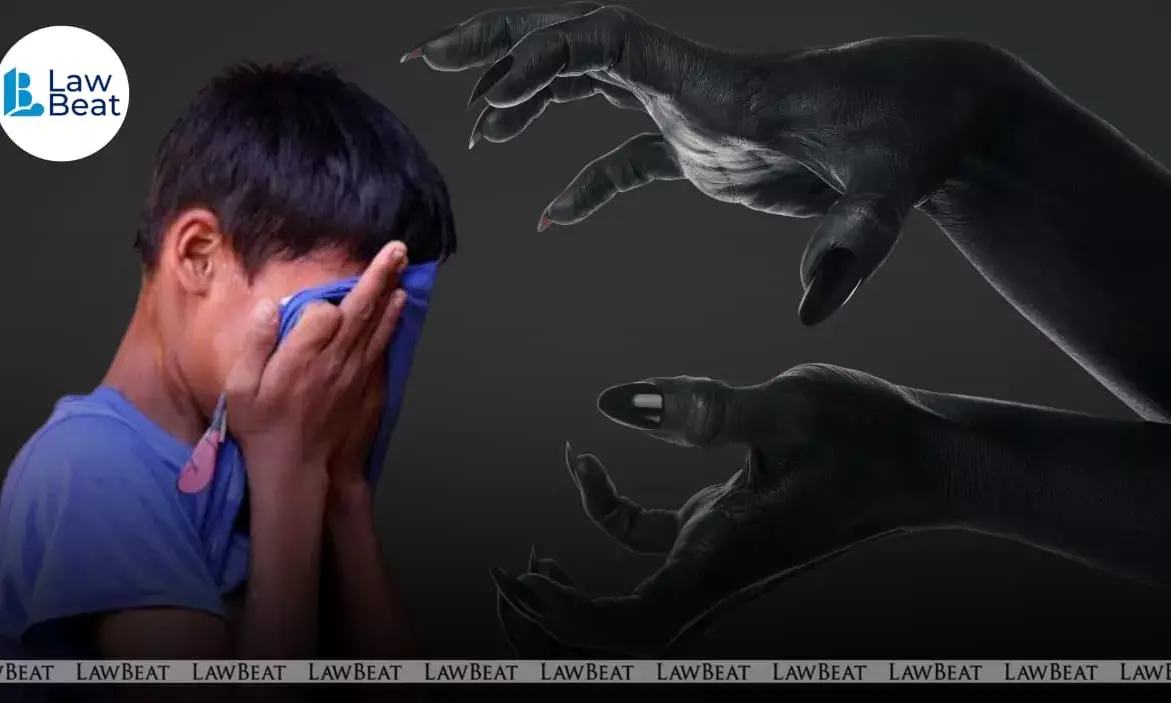Sexual Abuse of Boys Is More Common: Karnataka High Court

The Karnataka High Court, in a judgment dated August 18, 2025, observed that the Protection of Children from Sexual Offences (POCSO) Act is gender-neutral. Beyond the legal implications, the judgment brought to light a startling and often-unspoken reality that sexual abuse of minor boys is more common than that of minor girls.
The case, which involved a criminal petition to quash an FIR against a woman art teacher accused of sexually assaulting a 13-year-old boy, became the basis for Justice M. Nagaprasanna to deliver significant legal and social observations.
During the proceedings, court rejected the defense’s argument that a woman could not be prosecuted under the POCSO Act. Justice Nagaprasanna addressed the submission that in intercourse, "the woman is only a passive participant and a man is an active participant".
Court stated, "The submission is noted only to be emphatically rejected, as the thought itself is archaic. The jurisprudence of the present times embraces the livid realities of victims and does not allow stereotypes to cloud legal scrutiny".
Court held that Sections 3 and 5 of the POCSO Act which form the foundation for offences under Sections 4 and 6 of the Act, delineate various forms of assault. "Although certain provisions may employ gendered pronouns, the preamble and purpose of the Act, render such usage inclusive. Therefore, it is inclusive of both male and female", court opined.
It stressed that the ingredients of Section 4 of the Act dealing with penetrative sexual assault are equally applicable to both men and women. The language of the provision clearly indicates inclusivity".
This ruling goes beyond the specific case, setting a new standard for how the legal system should approach sexual assault.
The judgment also provided a sobering look at the statistics of child sexual abuse. It cited a study from the National Commission for Protection of Child Rights (NCPCR) and the report of the National Crime Records Bureau (NCRB) which indicated that "sexual abuse against boys is more than sexual abuse against girls". The judgment specifically referenced an NCPCR study from 2007, which found that "53.22% of children experienced some form of sexual abuse and about 50% of the children were sexually abused by male family member". Court also noted a "Study on Child Sexual Abuse" that stated "88% of cases are perpetrated against boys, while 12% against girls".
Furthermore, court mentioned a report by the Ministry of Women and Child Development, which revealed that "53.2% of children, both boys and girls, were subjected to one or more forms of sexual abuse." Of this group, "21.9% of boys and 16.5% of girls had experienced severe forms of sexual abuse."
Court's inclusion of these figures served to underscore the severity and prevalence of a problem that often remains in the shadows due to societal taboos and the victim's fear.
A research paper on male victims of sexual assault produced by the Department of Counselor Education and Family Studies of Texas Tech University was also cited by the court. The paper was indicative of barriers in reporting male sexual abuse and accusations of homosexuality against adult men.
Court held that the above-mentioned report/research article clearly indicated that even boys and men are victims of sexual assault at the hands of either the person of the same gender or of the opposite gender.
Court also addressed the accused woman's argument of psychological impossibility of her committing rape of the boy, noting that "The submission that psychological trauma cannot result in an erection would tumble down, in the light of several studies, that psychological trauma does not always prelude physiological or biological reactions, especially ones of coercion and fear".
Moreover, court rejected the argument that the minor boy's delayed reporting was a sign of fabrication. Calling the instant case a grave offence, court observed that delay in reporting such grave offences is not uncommon.
"The mind of a child sometimes is in a state of shock and in such state would not adhere to legal clocks. The trauma endured is invisible and insidious, and such trauma may sometimes lead to silence, which may span years...There are several factors which weigh in the mind of the victim and the family members before walking to the police station, to lodge a complaint," court noted.
In its comprehensive order, the Karnataka High Court thus rejected the woman's request to quash the FIR. Court's sensitivity to the psychological impact on victims, regardless of their gender, was a significant aspect of the decision.
Case Title: xxx vs. State of Karnataka and Another
Judgment Date: August 18, 2025
Bench: Justice M Nagaprasanna
